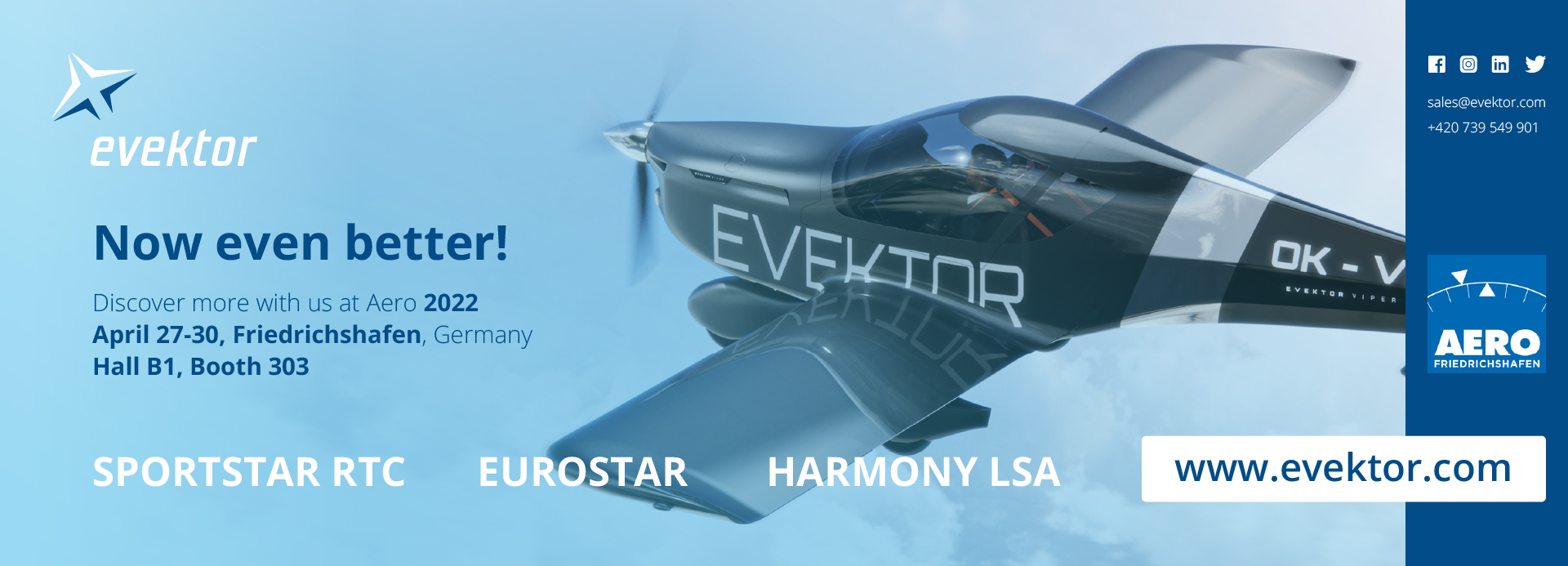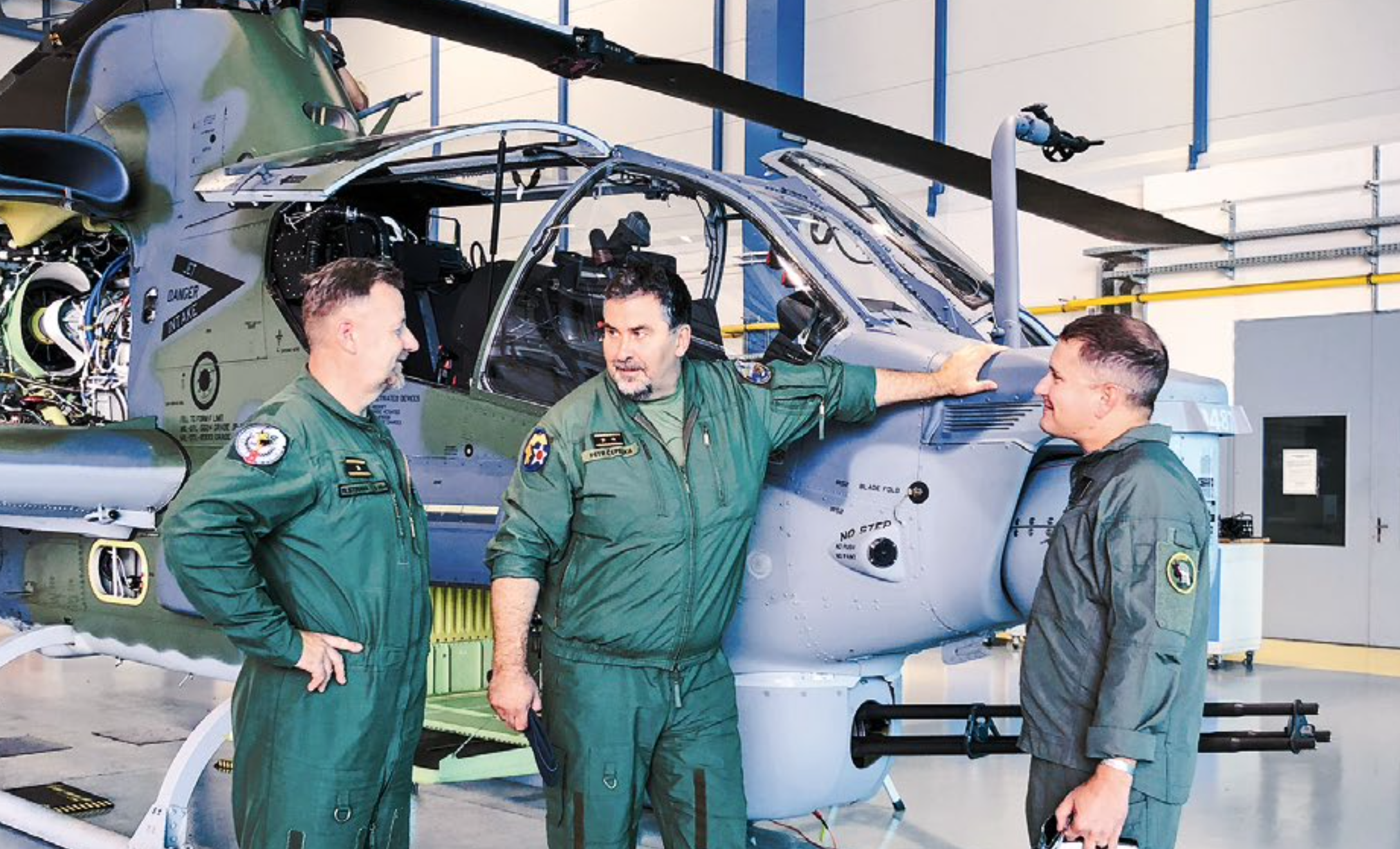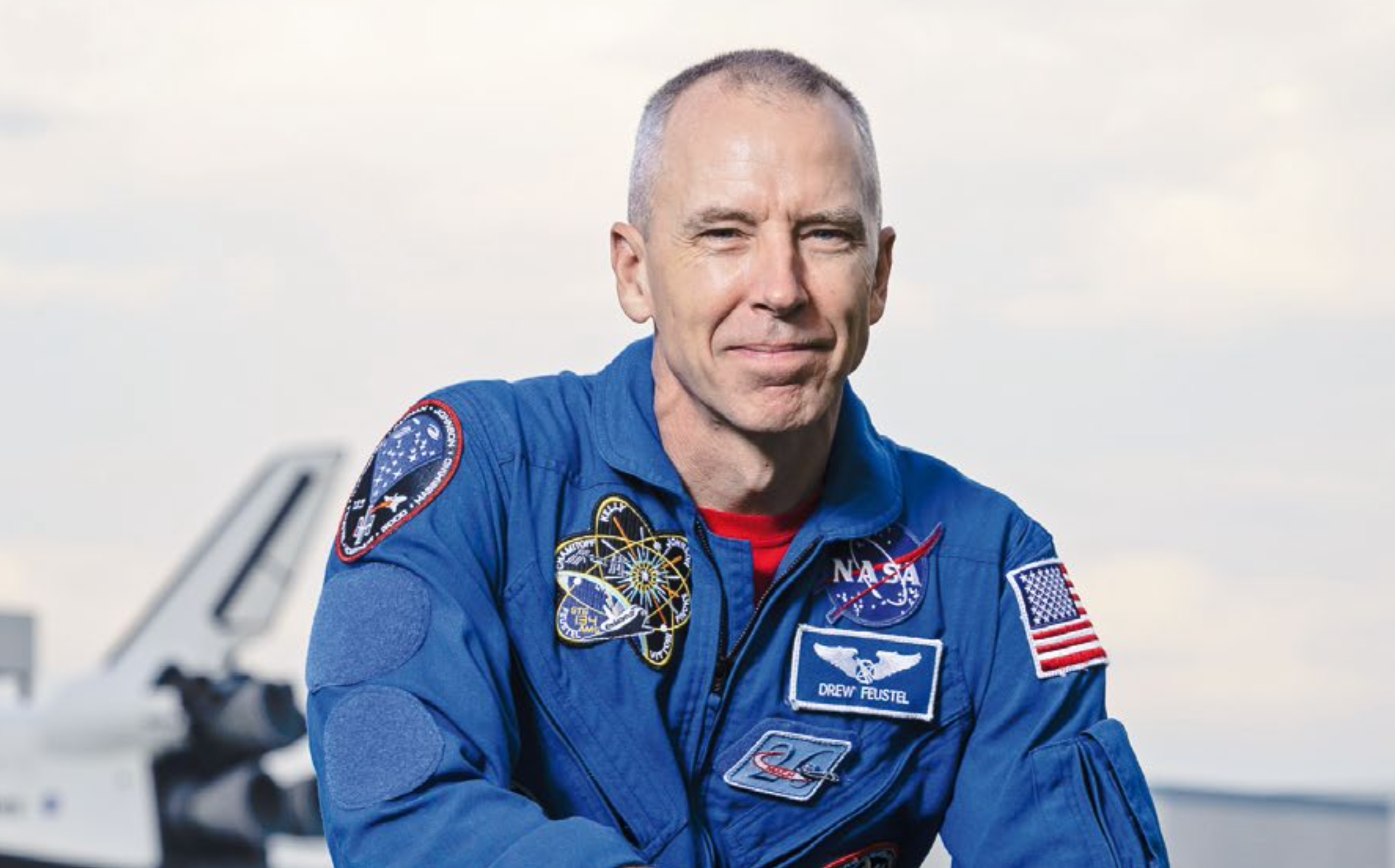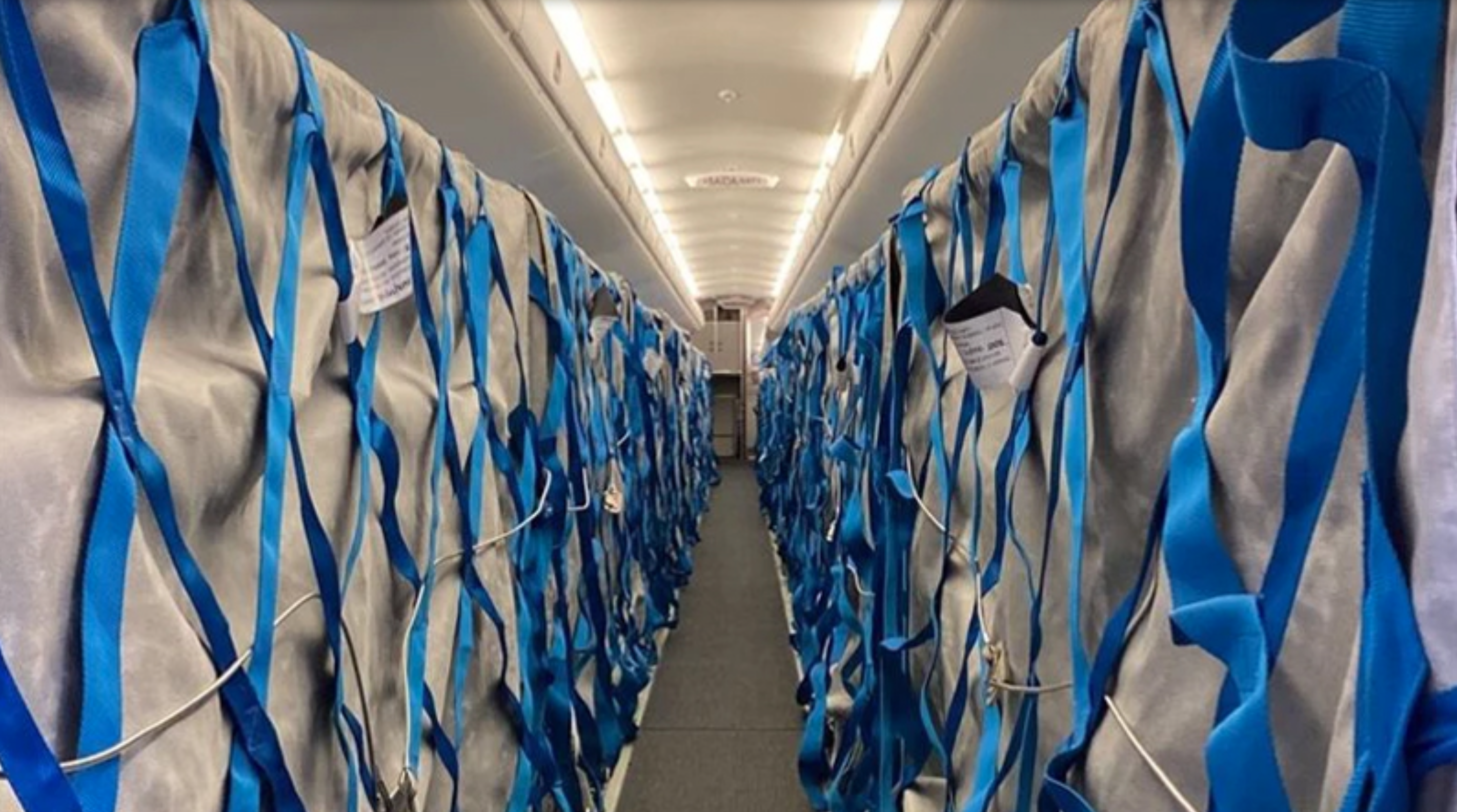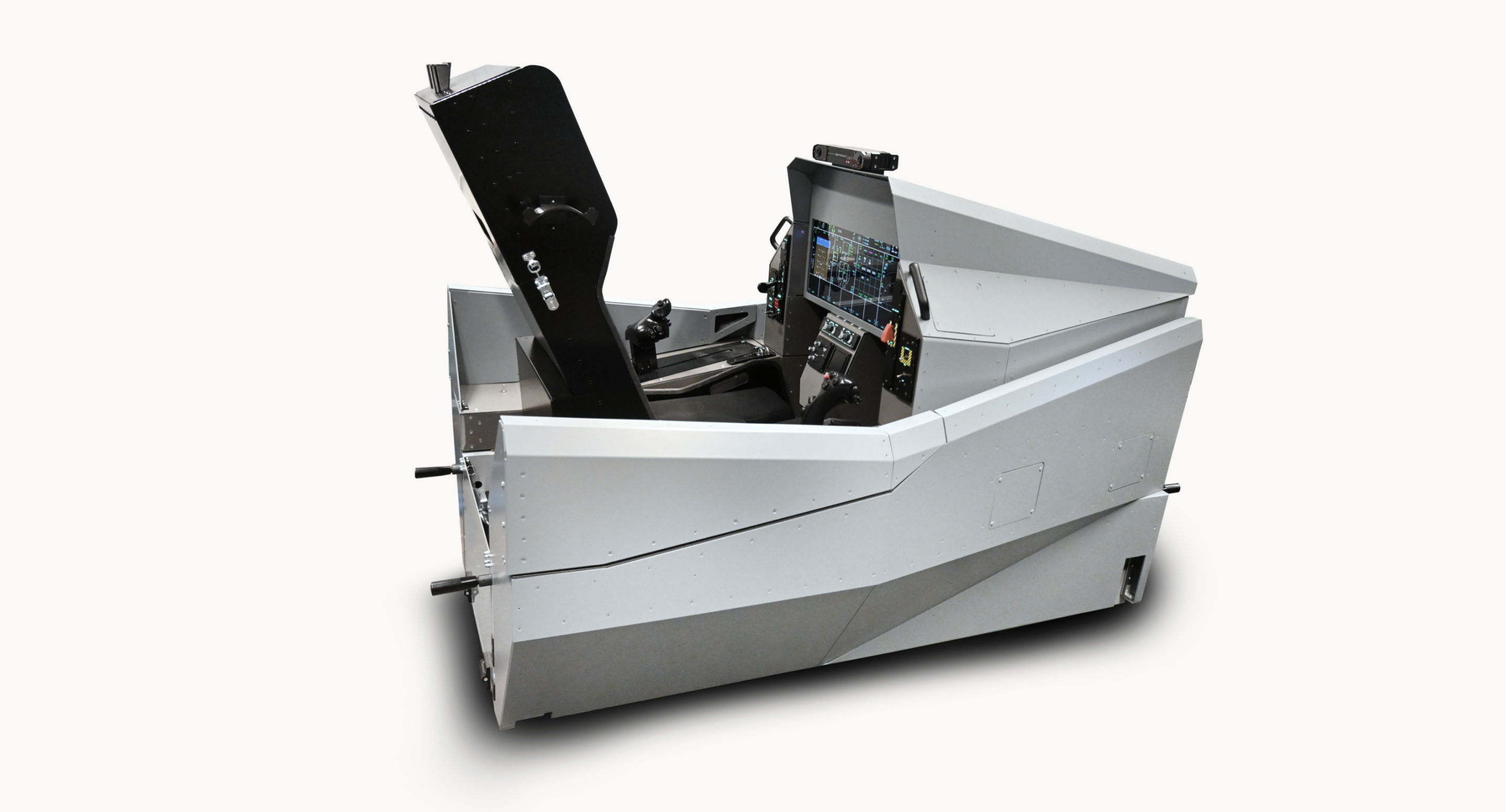The ESA BIC Prague business incubator has only been in operation for three years but with its help, a number of space start-ups has already been established. It is now gaining more and more attention in the Czech Republic, daring students and entrepreneurs to embark on space projects. “We show potential candidates what is possible and where a space footprint may be found. The thing is, not much attention has been paid to the space sector in the past,” says Marek Aldorf, Head of ESA BIC Prague incubator.
When you say ESA BIC Prague or ESA BIC Brno, many people may not know what they are as the term ‘space incubator’ is not widespread. Can you introduce ESA BIC in the Czech Republic?
This is a business incubation center (BIC) of the European Space Agency (ESA), which operates in the Czech Republic with the support of CzechInvest and other partners. Together with our Brno branch, we are part of a pan-European network of these incubators. Our job is to search in the Czech Republic for projects that use space technology and have business potential, but also to find projects in universities, research institutes or companies that could be used in the space industry, even though they have not used space technology before. The same goes for researchers with patented technology, which can be used in space – for example, CubeSat miniature satellite electronics or new types of rocket engines. We work with projects that use space technology on the ground, but also those that have ambitions to get into space. Anyway, one of our requirements is a business potential, we are not looking for only research projects.
How long have you been in operation and are you planning to expand to other cities?
We started under the name of ESA BIC Prague in 2016 and we have been actively supporting companies since 2017, when the incubation started. Now we are in the third year of the project and 15 companies have so far passed through the incubator. Five of them have already finished their incubation, others are continuing to work. At the same time, we managed to expand to Brno, where we operate under the name of ESA BIC Brno. We started in Prague because the Municipality was one of important financial partners and a lot of aerospace companies are concentrated here, so Prague was a logical choice. However, we have come to realise that the Czech Republic has much greater potential – for example Brno has a lot of technical students in and a number of companies focused on the space industry. If the two branches in Prague and Brno work well and there are enough high-quality projects, then we can talk about expanding to other cities.
Are Czech companies from the space industry or other organisations directly involved in ESA BIC projects?
We are trying to connect the local space community as much as we can because it was very fragmented. The European GSA Agency, the Ministry of Transport, the CzechInvest agency cooperating with space start-ups and the Ministry of Education, as well as various space alliances are working here. All of them have been active in the Czech space industry but for a long time they acted as isolated islands. We want to talk to all of them and foster their connections and at the same time create a place where everything comes together. We show entrepreneurs and students what is possible because the space sector had been rather neglected for a long time. So for example we will go to a company and say: ‘You probably didn’t know this, but ten kilometres away something is being constructed that will fly to Mars, and your technology could be useful. Would you be interested in getting involved in space projects also?
How specifically does the European Space Agency help you?
They provide funds and know-how. They help us with the methodology, access to patents, global partners, or special software that our start-ups can use free of charge. At the same time, ESA gives us the brand which is a great help for ESA BIC start-up projects. For example, should someone from a typical start-up approach Skoda Auto with an offer to become their supplier, they would most likely get rejected as they have no proven track record. However, if you say you have ESA support, that is something entirely different as you have a certain quality certification. Just recently our start-ups went to America and Asia where the mentioning ESA cooperation helped, and the project creators received a warm welcome.
It would seem that ESA is one of the main reasons why the Czech Republic is doing so well in the space sector. Do you agree?
Yes, I certainly do, the ESA works as an integrator. All member states make compulsory contributions to projects already in progress, but there are voluntary programs in which countries get voluntarily involved and financially contribute to them in their own interests. With the help of the Ministry of Transport, the Czech Republic has managed to increase its budget several times over the past few years, so our companies are also involved in such major projects as the Ariane missile construction or the planned major missions to other planets such as ExoMars 2020 and JUICE. Without the ESA help, this would have hardly been possible for the Czech Republic. We might deliver small components to the space industry, but we wouldn’t get involved in technology design and in developing larger units for the missions.
Can you gradually see more support coming from the Department of Transport and other local authorities that could potentially help you?
We feel sufficient support from both the Department of Transport and the Ministry of Industry. They can see that space projects have a high added value and that the investment has a very high rate of return. The same is true of the advanced know-how that will remain in the Czech Republic and will not be exported abroad. Moreover, these projects sell very well, because if you mention Elon Musk for example, a marketing show is guaranteed. As a result, there is a clear benefit for companies such as Frentech Aerospace and others whose products will head for distant planets. Also planned are missions to Jupiter and the Sun, which is another good advertisement for Czech companies. It is a closed circle: when people are interest in the universe, so are the politicians who can they support us. Indeed, returns on investment and commercialization of already proven technologies are the reason why the ESA BIC network was established in Europe. It is certainly worth mentioning that this is a rarity worldwide. NASA or other space agencies can be envious of Europe in this respect.
And to what extent is the Czech general public interested in space activities?
It is getting better. When we started, we were often asked why we supported this when there are enough problems on Earth. People often felt that it would be more sensible to put the effort in something that made more sense from their point of view. However, it is important to realise that the space industry is not just about traveling to distant planets, but that space technology is everywhere and each modern human being uses it every day. It is not just about car navigation or maps in mobile phones; other technologies used in space may be successfully applied on Earth. The most obvious are the advanced materials applied in aviation and automotive industries as well as in the medical sector such as in defibrillators and pacemakers. Even traditional professions such as fire-fighters could not do without them. A lot of space technologies have long been applied on Earth, but people are not aware of them. In addition, it is important to remind people that the Czech Republic, with its industrial tradition and a reputation of high-quality can aspire to be more than just an assembly plant. This is by the way also the key principle of the new Innovation Strategy of the Czech Republic for 2019–2030.
Can the Czech Republic become a space industry leader one day, as is the case with the automotive industry today?
We will probably not be leaders, but we can stay at the top. We already have successful companies such as GE Aviation in the Czech Republic, thanks to them we are superpowers in the field of turboprop engines. We happen to be one of the very few countries in the world that are able to build an aircraft almost entirely using its own capabilities. We can develop in a similar direction in the space sector, but we need to support the ecosystem and the infrastructure. There are currently more than 70 companies, firms and research institutions in the Czech Republic that are involved in the space industry and this number is growing. Engaging in space activities also opens the door to other markets because it demonstrates high quality and reliability.
What does the Czech Republic do best in space industry, what are its main strengths?
We are good in the aviation and, consequently, in the space industries, so we have great material engineering, electronics, and strong scientific teams to work with scientific instruments. Many start-ups that came to us from abroad, value the Czech know-how highly. Foreign companies could easily go to Switzerland, where they would get more money, but they come here, because Czech specialists understand their specific issues. Even our start-up Aleego with French roots decided to come to the Czech Republic as our country has an active focus on drones, satellite data and navigation. I also see a potential in CubeSatech, which are now being prepared. If we dedicate a full attention to this development, we may become one of the best.
Which of your start-ups has been the most successful so far?
It is still too early for an assessment as the companies have only been working on projects for two years. But for example, the InsightArt start-up is thriving, which represents an ideal combination of space technology with a completely different field of business. InsightArt deals with verification of works of art with the help of particle detectors that were invented at CERN and currently orbiting Earth on the ISS. The above-mentioned Aleego start-up is also doing very well, it works with drones and at the same time integrates satellite data in navigation. Aleego is already working with major industry players across various sectors including power generation and construction, and its potential is very promising. But there are many more interesting start-ups. We will have to wait about five years to see the first real results, and then I will be able to say who has been the most successful. So far we have a 100% success rate in terms of start-up survival after completing the incubation.
What kind of people get involved in start-ups? Are they mostly entrepreneurs, or rather students and enthusiasts?
It is about fifty fifty. Most are not high school girls and boys, although it may sound like that when you hear the word start-up. Most of them are PhD graduates or engineers and mathematicians who have been working on their technologies for a few years. However, there are also entrepreneurs who have never had anything to do with the space sector, but have done something that can be used for space activities. An example is Festka, a company producing sports bikes. By chance, they found out that they can help CTU develop materials and thus join another industry.
How did you get to ESA BIC Prague and the space matters in general?
Even I got involved in the space sector quite by accident. The basis was my work in an investment fund focused on transport and advanced engineering, as well as my experience in a consulting company that focused on development and research. We helped others manage projects, expand to new markets, and get subsidies. In addition, I was already then interested in science fiction and was wondering what NASA and Elon Musk were doing. Once I came across the news in the newspaper that a space incubator was being prepared in the Czech Republic, so I called in CzechInvest and said that I wanted to be a mentor and offered my help. Following a tender I was chosen to be part of the team that started the ESA BIC Prague. Since then, we have been developing ESA BIC and we will see how far we get, so far we are happy with the development. Students come to us today and ask how they can start doing something in the space industry, so we connect them directly to the companies. We also try to involve the general public and show them that there is something for everyone in the space sector.
You have now mentioned it. To what extend are young people and students interested in working in the space industry?
There is still a lot to do in this respect. But there is already ESERO, the organization that supports fun-learning about space at primary and secondary school, including various experiments demonstrating what the Moon surface looks lies, how gravity works, and so on. Children are excited about it, because they can finally try something physical and hopefully this will have a positive effect in the long run. Our events are attended by a lot of young people to learn new things or ask where they can practically apply their mathematics and physics skills in a useful manner. The biggest obstacles usually the fear of those interested that they will not know something and that it is too complicated to create something for space. They often do not realize that space firms need not only engineers, but also lawyers, accountants, salesmen or marketing managers. So you can pursue a career in the space sector even if you don’t have a technical qualification.
Are you rather experts or dreamers?
The basis of working for ESA BIC’s is that you constantly have to look into the future. This is also related to our philosophy that we do not want to invest in something that already exists on Earth, we want to come up with new things. Whether they are suborbital rockets or electric turbines for stratospheric drones. You have to be always ready to watch what’s going on and what’s new, that’s why we also attend conferences and collect new ideas and inspiration. It must be also highlighted that we work in a field that requires a certain degree of risk. Ideas can be exaggerated and turned into reality in 100 years, but we must look around and see what may be started now. On behalf of the whole team I can say that we are bunch of people who love to work for the space sector. Many of us wear space theme t-shirts and rocket socks, we build rockets from Lego at home and watch sci-fi. Our work is our hobby.
Interviewed by: Martin Schwarz
Translastion: Romana Moareš
